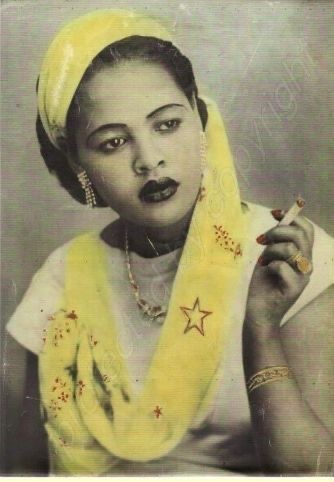In the bustling, charged atmosphere of 1950s Accra, where the air itself seemed to vibrate with the promise of change, a different kind of weapon was being wielded. It wasn’t a gun or a machete. It was a pen. And one of its sharpest holders was a woman named Mabel Dove, whose articles did not just report the news, they became the intellectual ammunition for a revolution.
At a time when the struggle for Ghana’s independence was often depicted through the rallies of men like Kwame Nkrumah, Dove was operating in the pages of newspapers, crafting arguments that would awaken a nation’s conscience and articulate its right to self-rule. She was not just a observer; she was an architect, using her words to help build the foundation of a free Ghana.
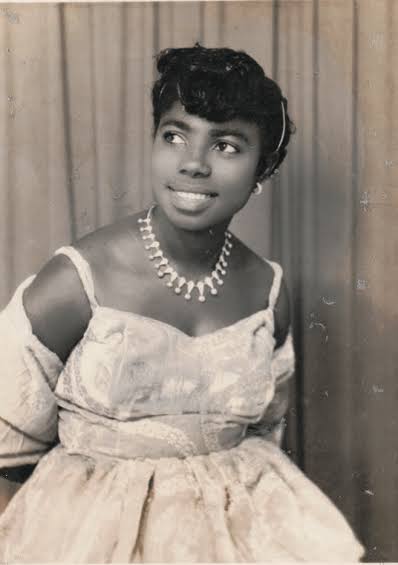
The Making of a Political Voice
Born in 1905 to a Ghanaian mother and a Nigerian father, Mabel Dove was raised in a world of relative privilege and cross-cultural insight. She was educated at the prestigious Achimota School, a rare opportunity for a young African woman at the time. This education didn’t just equip her with knowledge; it gave her the unshakable confidence that her voice held weight.
Before she became a political firebrand, she was a writer of fiction, crafting short stories that often featured strong, modern African women. This early work honed her ability to connect with readers on a human level, a skill she would later deploy with devastating effect in her political journalism. She understood that to move people, you had to speak to their hearts as well as their minds.
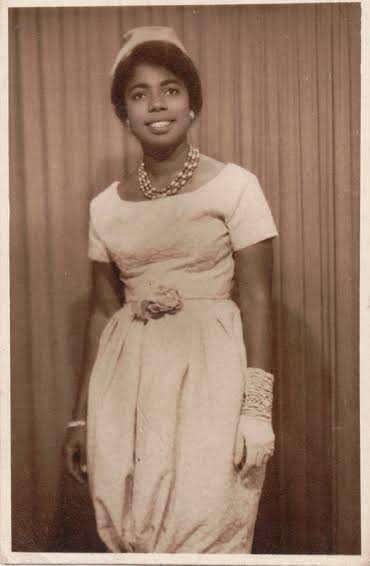
The Pen as a Sword: Journalism for Liberation
When Dove joined the Accra Evening News, the newspaper arm of Nkrumah’s Convention People’s Party (CPP), her writing found its ultimate purpose. Under the fiery pseudonym “Dama,” she launched a relentless campaign against British colonial rule.
Her writing was not dry or academic. It was direct, incisive, and utterly fearless. She masterfully exposed the hypocrisy of the colonial system, dismantling the myth of British benevolence piece by piece. She wrote of economic exploitation, political exclusion, and the daily humiliations faced by her people. But she didn’t just criticize; she articulated a powerful alternative, which was a future where Ghanaians governed themselves.
Her columns were a call to action, but they were also a source of political education. She translated the CPP’s platform of “Positive Action” and self-governance into language that resonated with market women, farmers, and students. She made complex political ideas accessible, empowering ordinary people to see themselves as agents of their own destiny. In a society where women’s voices were often sidelined in political discourse, Dove’s byline was a revolutionary act in itself.

From the Newsroom to the Parliament
Her influence was so profound that it was a natural progression when, in 1954, Mabel Dove became the first woman to be elected to the Ghanaian parliament. She had spent years arguing for a seat at the table; now, she had one.
In parliament, she did not silence her voice. She continued to be a fierce advocate for the marginalized, particularly women and the poor. She understood that political independence was meaningless without social and economic justice. Her presence in the legislature was a living symbol of the new nation she had helped imagine, one where a woman’s intellect and conviction could shape the laws of the land.
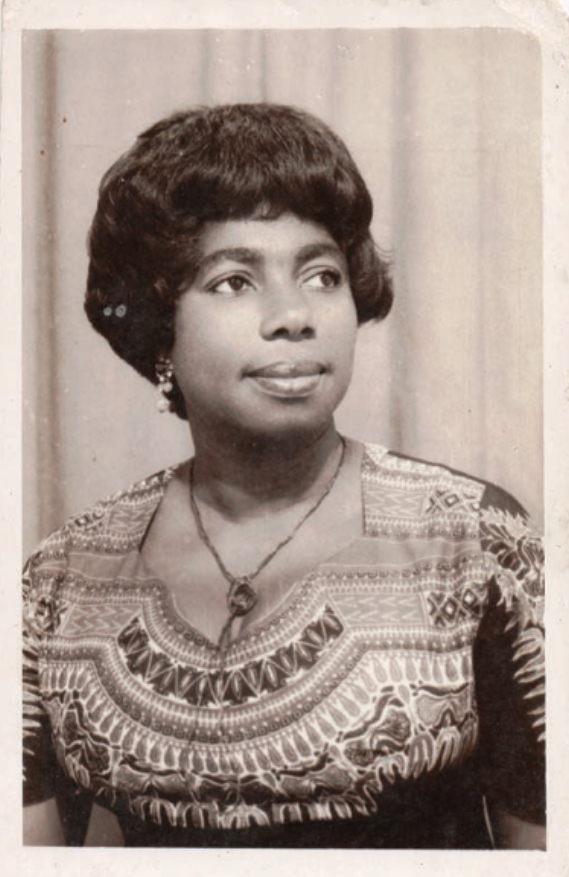
A Legacy Etched in Ink
Mabel Dove’s story is a timeless testament to the power of ideas. In an era before social media, her words traveled from the printed page to the public square, whispered in markets and debated in homes, slowly knitting together a national identity strong enough to demand its freedom.
She proved that the battle for independence was fought not only with protests and strikes but also with well-reasoned arguments and unwavering conviction. She was the “voice for the unheard,” giving eloquent expression to the silent aspirations of millions.
For any writer, journalist, or visionary today, her legacy is a burning torch. It reminds us that writing is not a passive act. It is a tool for excavation, unearthing buried truths. It is a weapon for justice, cutting through the armor of oppression. And it is a blueprint for the future, allowing us to draft a better world before we ever build it.
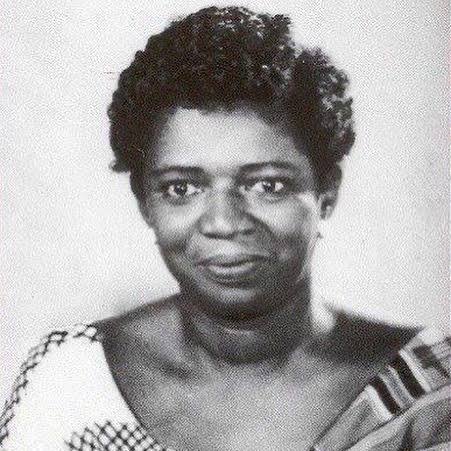
Mabel Dove didn’t just write about history. She wrote history itself, one powerful, indelible word at a time.


